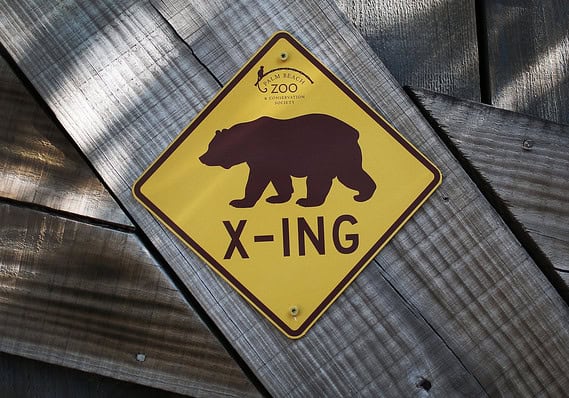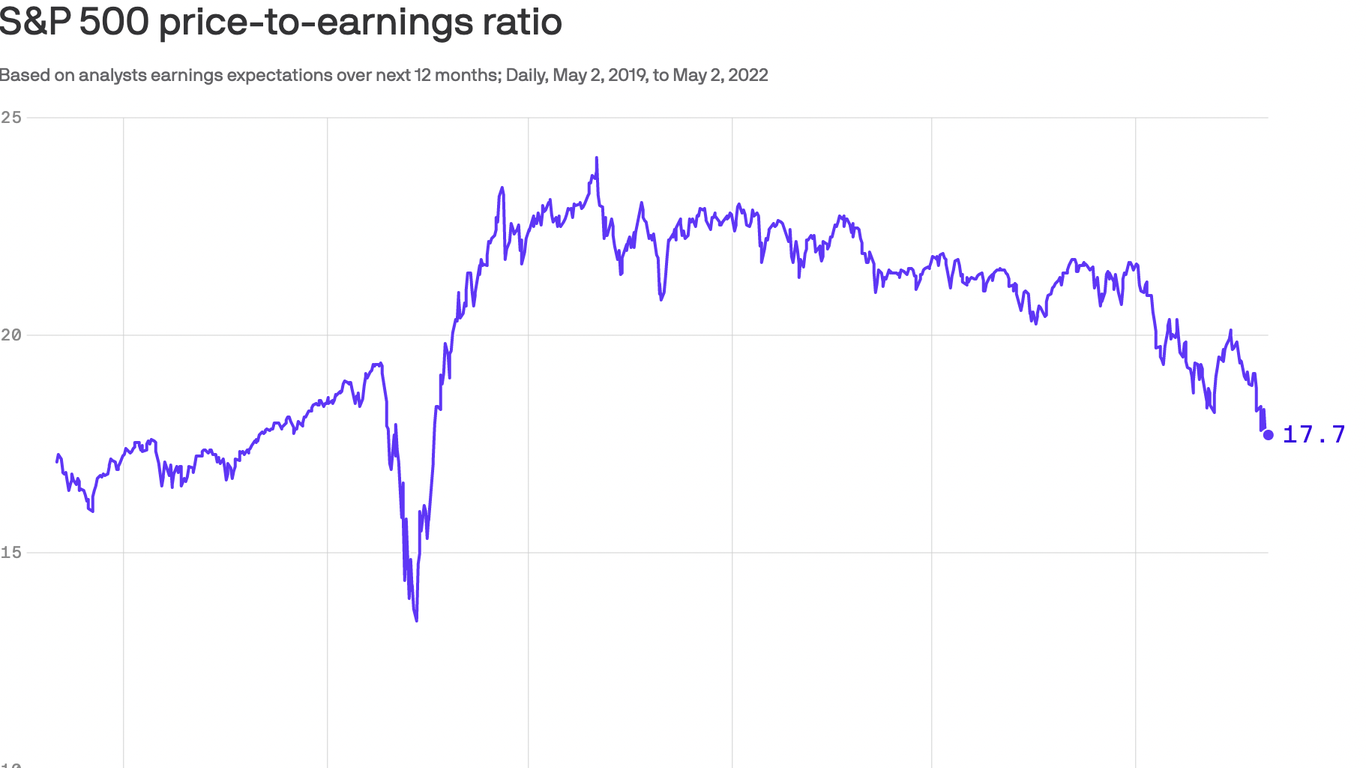China Market Troubles: BMW, Porsche, And The Wider Automotive Struggle

Table of Contents
Slowing Sales Growth and Increased Competition
The once-booming Chinese luxury car market is experiencing a slowdown, presenting substantial China market troubles for established players. This deceleration is driven by several interconnected factors.
The Impact of Economic Slowdown
China's economic growth has moderated in recent years, impacting consumer spending. This has significantly affected the luxury car segment, where purchases are often considered discretionary.
- Reduced consumer confidence: Uncertainty about the future is leading to decreased consumer confidence, impacting major purchases like luxury vehicles.
- Tightening credit conditions: Access to financing for large purchases has become more challenging, further dampening demand.
- Impact on discretionary spending: With economic uncertainty, consumers are prioritizing essential spending, reducing their budget for luxury goods.
Statistics show a noticeable decline in luxury car sales in China. For example, BMW sales growth has slowed considerably compared to previous years, mirroring a broader trend among premium brands. Understanding this economic slowdown is key to addressing the China market troubles.
Rise of Domestic Brands
The emergence of powerful domestic Chinese automakers, particularly in the electric vehicle (EV) sector, presents stiff competition. These brands are rapidly gaining market share, adding to the China market troubles for international players.
- Examples of successful Chinese EV brands: Brands like BYD, NIO, and Xpeng are disrupting the market with innovative designs, competitive pricing, and advanced technology.
- Competitive pricing strategies: Domestic brands often offer vehicles with comparable features at significantly lower price points, making them attractive to budget-conscious consumers.
- Technological advancements: Chinese EV makers are at the forefront of battery technology and autonomous driving capabilities.
- Government support: Significant government support, including subsidies and incentives, further strengthens the position of domestic brands.
Shifting Consumer Preferences and Technological Disruption
China market troubles are further exacerbated by rapidly shifting consumer preferences and accelerating technological advancements.
Demand for Electric and Hybrid Vehicles
Consumer demand for electric and hybrid vehicles is surging in China. Government policies promoting EV adoption are playing a significant role.
- Government incentives for EV adoption: Substantial government subsidies and tax breaks are making EVs more affordable and attractive to consumers.
- Charging infrastructure development: China is rapidly expanding its charging infrastructure, addressing a key barrier to EV adoption.
- Consumer awareness of environmental issues: Growing environmental awareness among Chinese consumers is driving demand for greener vehicles.
Luxury brands need to adapt quickly to compete effectively in this rapidly growing EV market, otherwise they'll face significant China market troubles.
Technological Advancements and Digitalization
The Chinese automotive market is characterized by rapid technological advancements and the increasing importance of digitalization.
- Importance of connected car features: Consumers expect advanced connectivity features, including infotainment systems, internet access, and over-the-air updates.
- Autonomous driving technology: Autonomous driving capabilities are increasingly important for Chinese consumers, pushing luxury brands to invest heavily in this area.
- Online sales channels: Direct-to-consumer online sales channels are gaining prominence, requiring luxury brands to adapt their sales strategies.
Luxury brands need to embrace these technological shifts to remain competitive. Failure to adapt will exacerbate existing China market troubles.
Supply Chain Disruptions and Geopolitical Factors
External factors also contribute significantly to the China market troubles faced by automotive companies.
Impact of Global Supply Chain Issues
Global supply chain disruptions, particularly semiconductor shortages, are affecting vehicle production and availability in China.
- Semiconductor shortages: The global chip shortage continues to constrain production, leading to delays and impacting sales.
- Logistics challenges: Disruptions to global logistics networks are making it more challenging to source parts and transport vehicles.
- Impact on production timelines: Production delays result in unmet demand and lost revenue, adding further to the China market troubles.
Geopolitical Tensions and Trade Relations
Geopolitical tensions and trade relations between China and other countries are creating uncertainty and potentially impacting investment decisions in the automotive sector.
- Potential for tariffs and trade barriers: Trade disputes could lead to tariffs and trade barriers, increasing costs and impacting competitiveness.
- Impact on investment decisions: Geopolitical instability can deter foreign investment, hindering growth and potentially worsening China market troubles.
Conclusion
The China market troubles facing luxury automakers like BMW and Porsche are complex and multifaceted. Slowing sales growth, increased competition from domestic brands, shifting consumer preferences toward EVs, rapid technological advancements, and geopolitical factors all contribute to a challenging environment. The Chinese market, while still significant, presents unprecedented obstacles requiring strategic adaptation.
Understanding the complexities of the China market troubles is crucial for any automotive company aiming for success in this dynamic region. Learn more about navigating these challenges and adapting your strategies for continued growth in the competitive Chinese automotive landscape. Further research into China market trends and luxury car sales in China is highly recommended.

Featured Posts
-
 France And China Macron Highlights Cognac Probe Advancements And Enhanced Relations
May 27, 2025
France And China Macron Highlights Cognac Probe Advancements And Enhanced Relations
May 27, 2025 -
 Ice Cube To Write And Star In New Last Friday Movie
May 27, 2025
Ice Cube To Write And Star In New Last Friday Movie
May 27, 2025 -
 Rekord Teylor Svift Samye Prodavaemye Vinilovye Plastinki Za 10 Let
May 27, 2025
Rekord Teylor Svift Samye Prodavaemye Vinilovye Plastinki Za 10 Let
May 27, 2025 -
 Gwen Stefani Dazzles In A Sheer Lbd At The Oprys 100th Anniversary
May 27, 2025
Gwen Stefani Dazzles In A Sheer Lbd At The Oprys 100th Anniversary
May 27, 2025 -
 Nea Smyrni Eisvoli Liston Se Zaxaroplasteio Binteo
May 27, 2025
Nea Smyrni Eisvoli Liston Se Zaxaroplasteio Binteo
May 27, 2025
Latest Posts
-
 Understanding Stock Market Valuations Bof As Perspective And Investor Reassurance
May 30, 2025
Understanding Stock Market Valuations Bof As Perspective And Investor Reassurance
May 30, 2025 -
 Why Current Stock Market Valuations Are Not A Cause For Investor Alarm Bof A
May 30, 2025
Why Current Stock Market Valuations Are Not A Cause For Investor Alarm Bof A
May 30, 2025 -
 Bof As Reassuring View Why Current Stock Market Valuations Shouldnt Worry Investors
May 30, 2025
Bof As Reassuring View Why Current Stock Market Valuations Shouldnt Worry Investors
May 30, 2025 -
 Analyzing Kg Motors Mibot A New Dawn For Japans Ev Market
May 30, 2025
Analyzing Kg Motors Mibot A New Dawn For Japans Ev Market
May 30, 2025 -
 Will Kg Motors Mibot Succeed In Japans Competitive Ev Landscape
May 30, 2025
Will Kg Motors Mibot Succeed In Japans Competitive Ev Landscape
May 30, 2025
